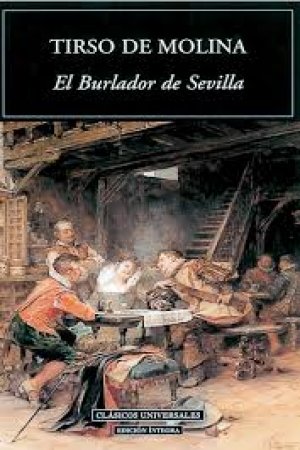
The life of Lorenzo Da Ponte was a string of adventures worthy of a movie script. He died in penury late in 1791, at the age of 35.Īdapted from a biography written by James K. Unfortunately, Mozart would not live to see either. In the end, both the Enlightenment and the operas of Mozart would triumph. Mozart was working hard but failing to get ahead, and the chilling of the artistic climate in Vienna did nothing to help his situation.

The Mozarts were often forced to borrow money or move residences to stay ahead of creditors, and neither Wolfgang nor Constanze had a head for budgeting. Mozart, meanwhile, was sinking further into financial ruin, despite the success of his operas. Following the death of Franz Josef II and the accession of Leopold, Austria reverted to a conventional monarchy. The Austrian Empire began doing what governments do when they feel threatened: dismantling civil liberties and intellectual freedoms. Unfortunately, the period of liberal reform was short-lived. Although, Don Giovanni, was too sexually charged for Vienna and premiered in Prague instead.

Mozart and Da Ponte were capitalizing on the openness of Vienna to produce groundbreaking art. Each collaboration, Le nozze di Figaro, Don Giovanni, and Cosi fan tutte, produced a masterpiece whose themes of beauty, truth, and equality still resonate with audiences. Within two years of his arrival, he had established a reputation as the finest keyboard player in the city and had married Constanze Weber.įrom 1785 to 1790 he collaborated three times with Italian librettist Lorenzo Da Ponte. So, when Mozart, at the age of 25, decided he had had enough of court service, he found an intellectual and spiritual home in Vienna. After being celebrated as a child genius across Europe, he found himself in a role that amounted to little more than a musical "working man." This turned out to be a rude awakening for the teenager. For the first time, Wolfgang experienced the life of a professional musician, as opposed to a performer. In the 1770s the Mozarts returned to Salzburg, where Leopold was the head of church music to the Bishop.

It was Leopold's ambition that Wolfgang secure a court position, while not as exciting, but at the least guaranteed income.

Their father, Leopold, knew this fame and celebrity was dependent on the novelty of the youth of the performers. He and his sister achieved great fame by sightreading new pieces, improvising, playing with the keyboard hidden, and more. Mozart spent much of his childhood showcasing his prodigious keyboard skills in the courts of Europe. Only Wolfgang and his older sister Maria Anna survived to adulthood. Born in 1756 in Salzburg, Wolfgang was the seventh child of Leopold, a court musician, and Maria Anna Mozart.


 0 kommentar(er)
0 kommentar(er)
